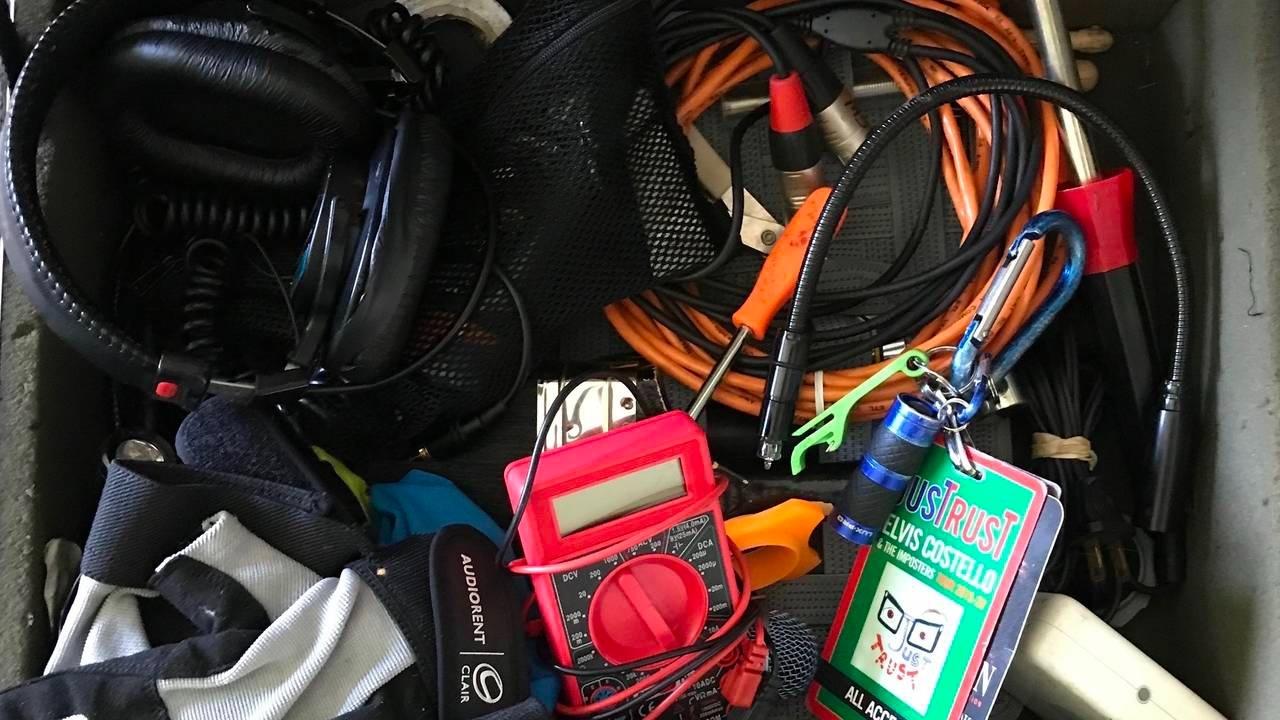What is the most important tool in your tool kit?
May 26, 2020
Your ears are the most important tool you have as a sound engineer, producer, or musician. And the best thing about them is they are FREE! They don’t require any software, measuring microphones, or computers. They are also with you wherever you go.
I’m not saying that computer-based tools and other measurement devices are not worthwhile, but they are just tools and should only be used as such. The problem comes when you start to rely on those tools to tell you how things sound. After a while, you just stop using your ears or simply forget to ‘listen’.
When I was very young, I learned how to play piano by ear. I was pretty good at it until I started taking piano lessons. Once I learned how to read music, somehow my ability to pick things up by ear was lost. It seemed much easier to get the sheet music for whatever song I wanted to learn rather than spend time plunking away at the keyboard to figure out my favorite tune. But I soon began to regret it, not learning how to read music, but losing the ability to play by ear. It took some work to regain that ability, but I was glad I did. It made me a better player.
You don’t have to be born with perfect pitch, super-human hearing, or an unlimited budget for gear to create a great-sounding mix. If you take the time to train your ears, you’ll never be in a situation where you don’t have what you need to EQ the system, get rid of feedback, or simply get the sounds you want.
In live sound, there are all kinds of devices, software, and tools for analyzing and optimizing the system. It’s important to note that they are just tools and in the wrong hands- someone who has not been properly trained to use them correctly can do more harm than good. They can also be rather expensive, and if you are just getting started in live sound, they may be out of your budget.
You might argue that you can specify that they be provided by the production, but again, depending on the size/level of the gig, they might be out of the budget. However, if you learn to use and trust your ears, you’ll always have what you need to EQ a system. You will never have anyone tell you it’s not in the budget…unless you’re not in the budget!
If you’re a recording musician, training your ears is the first step in being able to translate what you like about a reference track to your mix. It's also how you begin to learn frequencies so you understand what needs to be adjusted in your mix. Building on these skills will allow you to do your own mixing, saving you the expense of hiring someone else to handle those details.
Take care of your ears, train them, and learn how to trust them!
By: Michelle Sabolchick
Get Exclusive Mixing Tips and Content That I Only Share With Email Subscribers
I hate SPAM and will never sell your information, for any reason.




